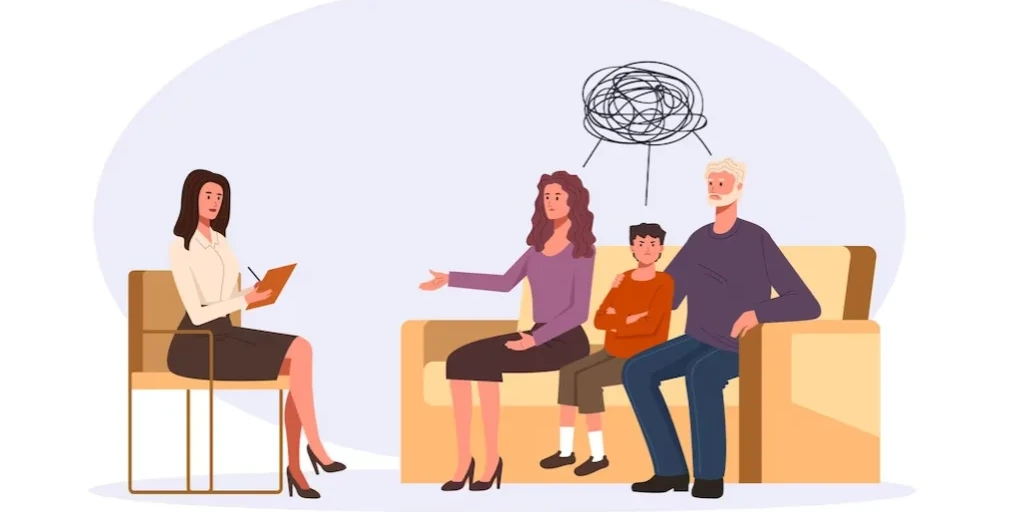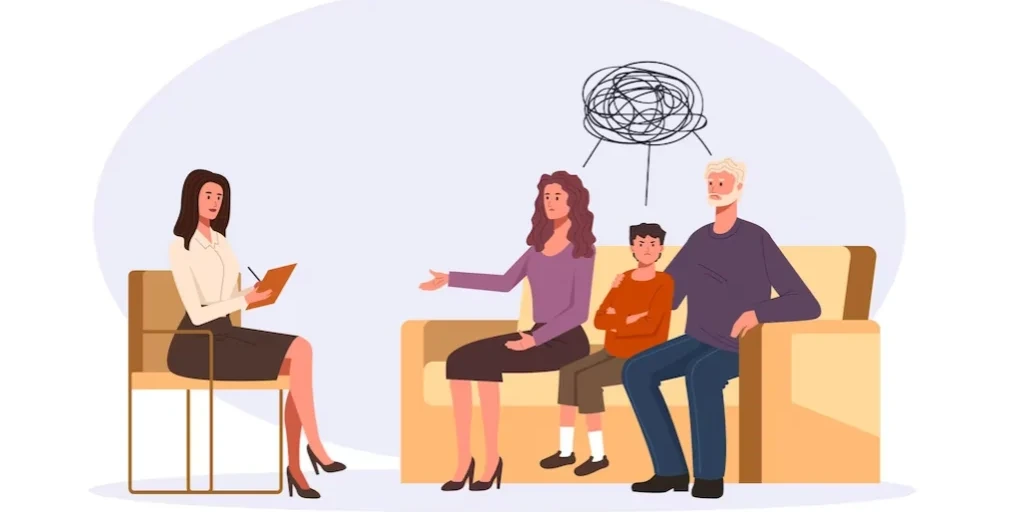24/7 Helpline:
(866) 899-221924/7 Helpline:
(866) 899-2219
Learn more about PTSD Treatment centers in Skippack
PTSD Treatment in Other Cities

Other Insurance Options

Lucent

Magellan

Providence

CareSource

Health Partners

WellCare Health Plans

MVP Healthcare

Coventry Health Care

Ambetter

Amerigroup

UnitedHealth Group

Group Health Incorporated

Absolute Total Care

Sliding scale payment assistance

Private insurance

Aetna

Molina Healthcare

CareFirst

BHS | Behavioral Health Systems

Choice Care Network












